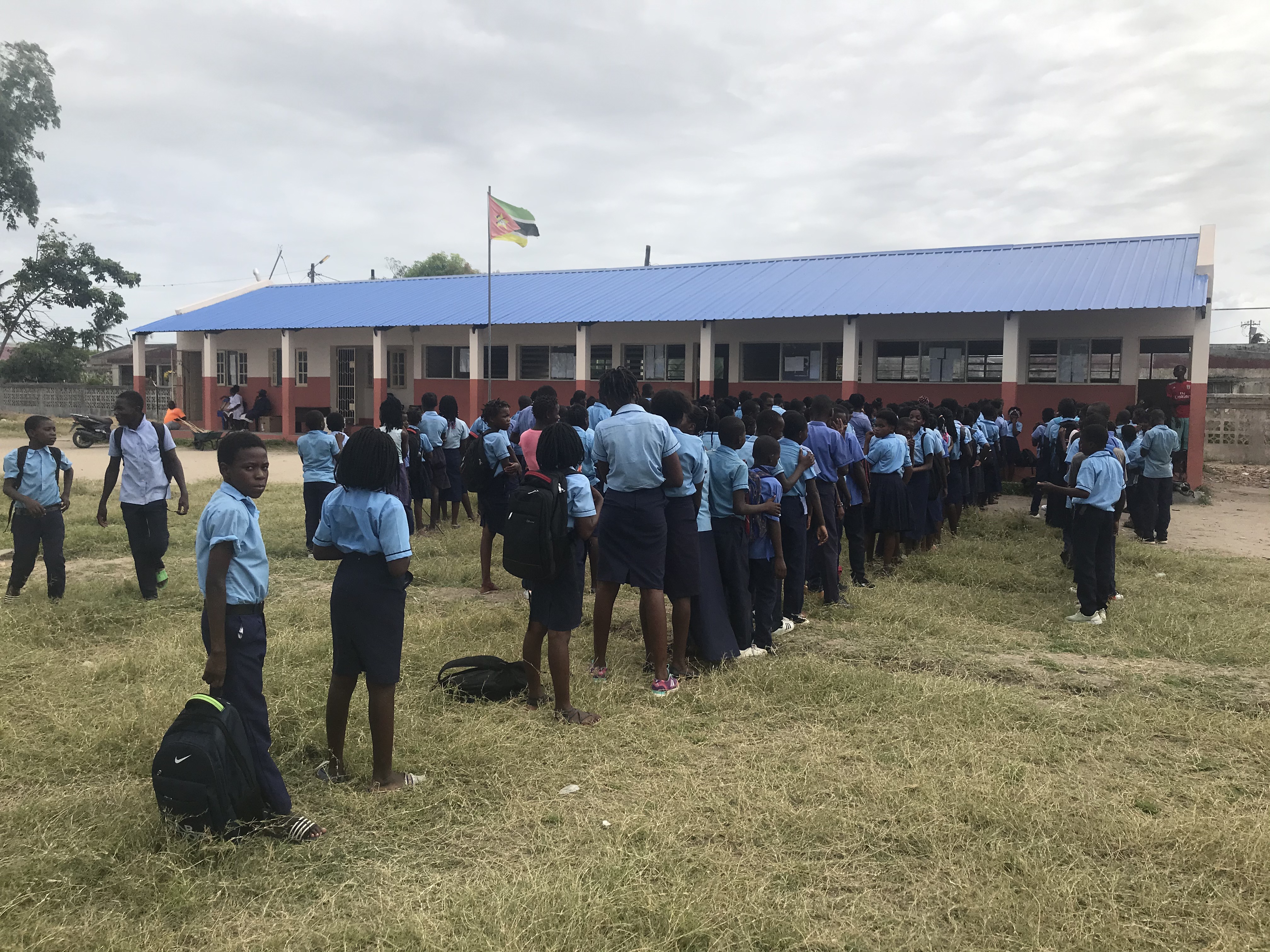Report of the Office of the United Nations High Commissioner for Human Rights: Accessible, inclusive, equitable and quality education for peace and tolerance for every child

The Office of the United Nations High Commissioner for Human Rights (OHCHR) under the request of the Human Rights Council in its resolution 54/5, prepared a comprehensive report that provides specific recommendations on how to promote social cohesion and develop accessible, inclusive, equitable and quality education for peace and tolerance for every child. It particularly focuses on children from marginalized groups, those affected by armed conflict, and those associated with armed forces and non-State armed groups.
Drawing from inputs provided by States, UN entities, national human rights institutions, and civil society actors, the report showcases global practices in developing countries and implementing curricula and pedagogical approaches.
The report is structured in chapters which focus on the voices of children, the human rights legal framework, the education, peace and security and sustainable development nexus, the obstacles to the enjoyment of the right to education in situations of armed conflict and post-conflict contexts. Further it deals with curriculum development, pedagogical approaches and adaptation to contexts of sustained peace and armed conflicts contexts.
Key recommendations include:
- Strengthening legal and policy frameworks to promote gender equality, social-emotional learning, human rights education, and accurate historical narratives
- Establishing monitoring mechanisms to track progress on quality education
- Ensuring cross-sectoral commitment in developing and evaluating education systems
- Integrating strategies to prevent and protect children from violence, both in-person and online
- Incorporating social-emotional skills development into curricula
The analysis highlights how conflict situations deprive children of education and peace-building skills through attacks on schools, child recruitment by armed groups, and disrupted education services. It emphasizes the need for trauma-informed education, vocational training, and stigma reduction for reintegrating children associated with armed forces. In post-conflict settings, the report stresses addressing root causes, promoting reconciliation through inclusive histories, and memorializing past injustices.
Eventually, the report calls for sustainable funding for implementing these frameworks, including infrastructure, revising teaching materials, and mandatory teacher training.
The Human Rights Council is invited to further study the right to quality education for vulnerable children, especially regarding the repatriation, rehabilitation and reintegration of children from conflict zones.

